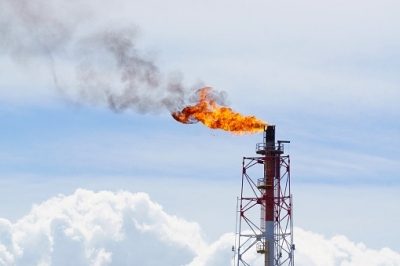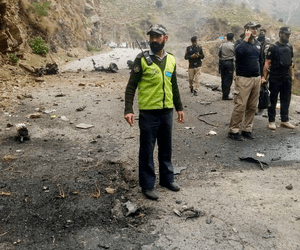Nairobi, Oct 22: The UN Environment Programme (UNEP) has reported a notable increase in responses to methane leak alerts from governments and industries, rising from 1 to 12 per cent over the past year. However, it warned that global action must accelerate to meet the Global Methane Pledge target of reducing emissions by 30 per cent by 2030.
The findings were detailed in UNEP’s fifth International Methane Emissions Observatory (IMEO) report, titled “An Eye on Methane: From Measurement to Momentum.” The report underlined that while progress has been made, nearly 90 per cent of UNEP’s 3,500 satellite methane alerts remain unanswered.
Methane is the second-largest contributor to global warming after carbon dioxide, responsible for about one-third of total planetary heating. The report noted that IMEO’s Oil and Gas Methane Partnership 2.0 (OGMP 2.0) — the world’s leading standard for methane measurement and mitigation — now includes 153 member companies across several countries, covering 42 per cent of global oil and gas production.
Of these, 65 companies, representing 17 per cent of global output, have achieved OGMP’s “Gold Standard” for emissions monitoring, while another 50 companies, accounting for 15 per cent, are on the “Gold Standard Pathway.”
“Reducing methane emissions can quickly bend the curve on global warming, buying more time for long-term decarbonisation efforts,” said UNEP Executive Director Inger Andersen. “However, the progress in reporting must translate into actual emission cuts. Every company should join OGMP 2.0, and governments must respond swiftly to satellite alerts,” she added.
UNEP emphasised that real-world data is crucial to bridge the gap between estimated and actual methane emissions. Effective monitoring and rapid response, it said, are key to keeping the Paris Agreement goals within reach.


















